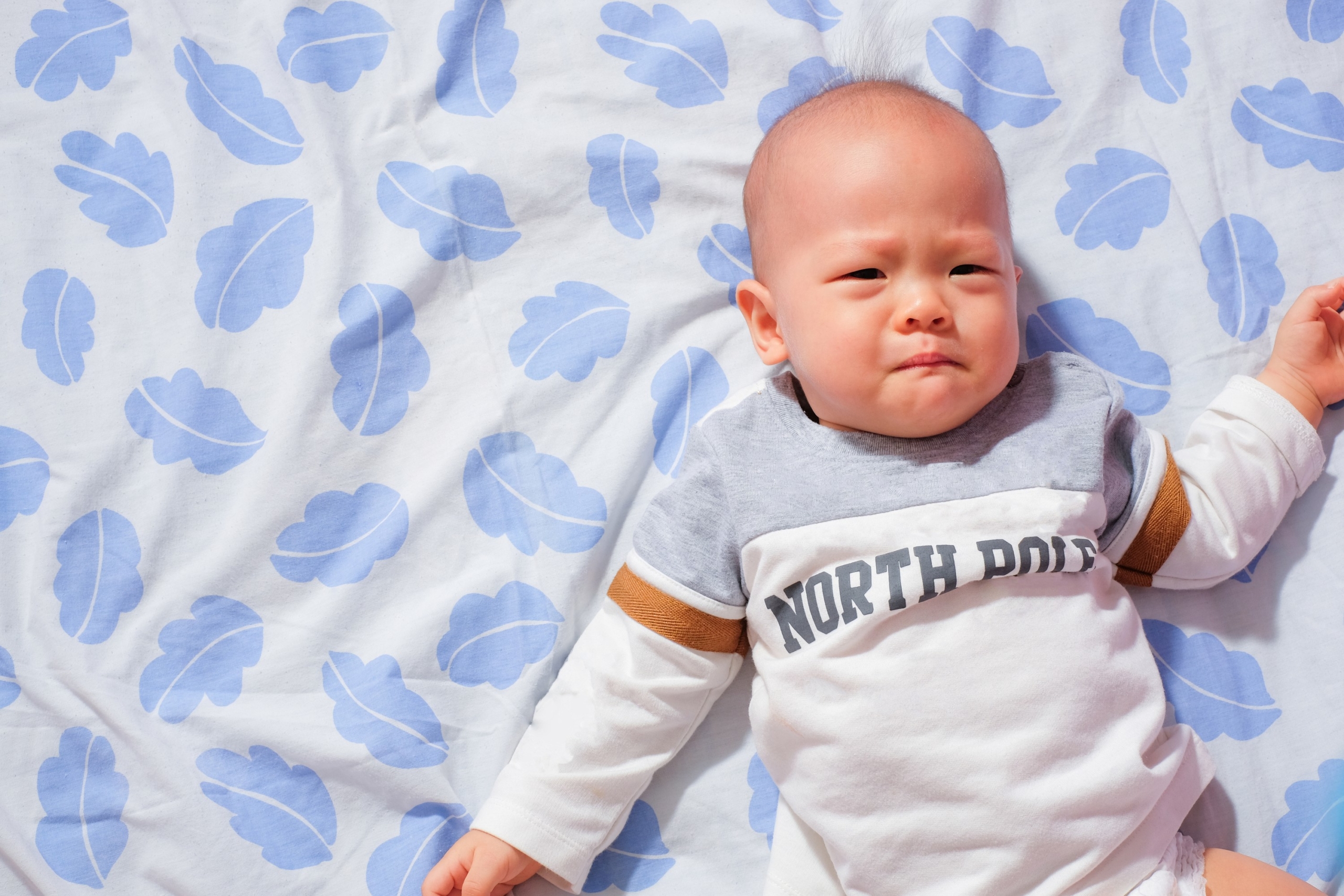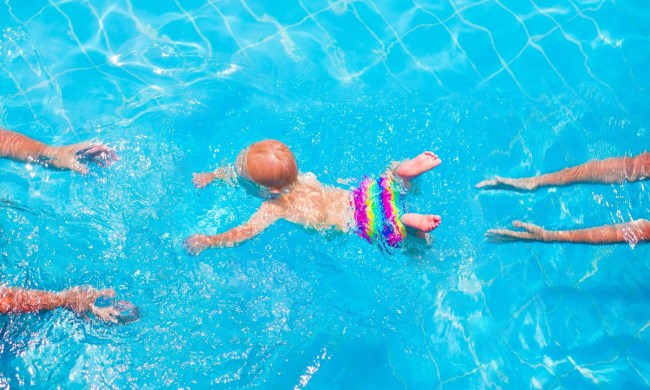When their little one has an aching belly, parents often look for assistance in treating it quickly to soothe their baby and bring peace back into their household. If you are a parent and your baby — or even your toddler — suffers from gas, bloating, colic, indigestion, hiccups, etc., there may be some products on the market that can help ease their pain or discomfort.
These products are available over the counter, purchased either at your local drugstore or pharmacy, or online via Amazon.com or even an FSA (flexible spending account) website. We have complied a list of a few of our favorite ones that have been and continue to be tried and true to their word by helping parents safely treat their child’s pain or discomfort at home, when possible.

First on our list is Little Remedies Gripe Water. This product contains natural ingredients to relieve discomfort due to colic, gas, and even hiccups. Containing real ginger and fennel, these ingredients have been shown to aid in digestion and act fast to relieve symptoms. This product contains no artificial dyes, sodium bicarbonate, or gluten — making it safe for kiddos with a gluten sensitivity that has yet to be diagnosed.
A paired product, also by Little Remedies, is its simethicone gas drops. This product also works quickly to relieve gas pain and pressure in your little one’s bellies. The best part about both products from Little Remedies? They’re safe for children of all ages, including newborns. Children often experience stomach-related issues, even at young ages. The pain can be severe, though the cause can be a mild issue such as gas. Relieving that pain quickly and safely helps parents triage problems more quickly, as well.
For a medication-free approach, VENISIS has created a soothing warm-pack system that is placed around your baby’s belly. This product doubles as a cooling pack, as well — it’s great for use on bumps and bruises. The Belly Hugger by VENISIS provides gentle compression, keeping the adorable owl-faced gel pack in place while providing soothing heat or a gentle cooling sensation to help ease pain and discomfort. The binder fastens with Velcro, making it easy to put on or take off, and it fits newborns up to 12 months of age.
Hyland, a homeopathic company, offers parents a totally medication-free option for calming sour tummies and pain due to nervousness, nausea, diarrhea, and cramping. The quick-dissolving tablets melt under the tongue to deliver relief to aching bellies. Thanks to Hyland’s homeopathic and all-natural choice of product ingredients, children experience little to no side effects from the treatment. Hyland’s 4 Kids Tummy Ache tablets come in a 50-count box, providing 50 doses of pain alleviation. Parents may even consider keeping a few in their car’s glove box or first-aid kits in case of emergency while on the go.
These products are great quick-reliving solutions for your child’s belly discomfort. However, it’s important to remember that prolonged pain, crying, consistently dry diapers, fussiness, refusal to eat or drink, or a fever could indicate that your child’s pain may be more than gas or indigestion. If reduction in discomfort isn’t achieved within 12-24 hours, it might be time to call the doctor.
Parents know their children best and are in tune with their needs and idiosyncrasies. Because of this, parents will often know better than anyone when their child is not feeling well, and whether any aid given helps relieve it. If you believe your child is in distress, please contact your pediatrician or go to the nearest emergency room for care.
Meanwhile, read on further for our list of baby medicine kit essentials.



